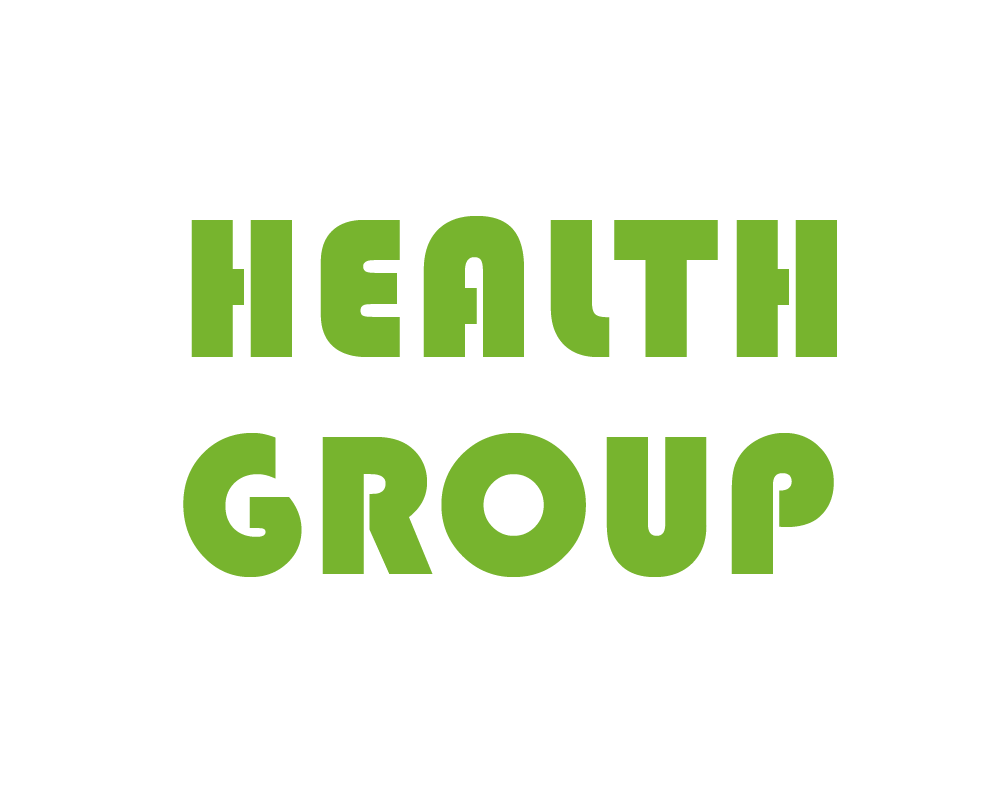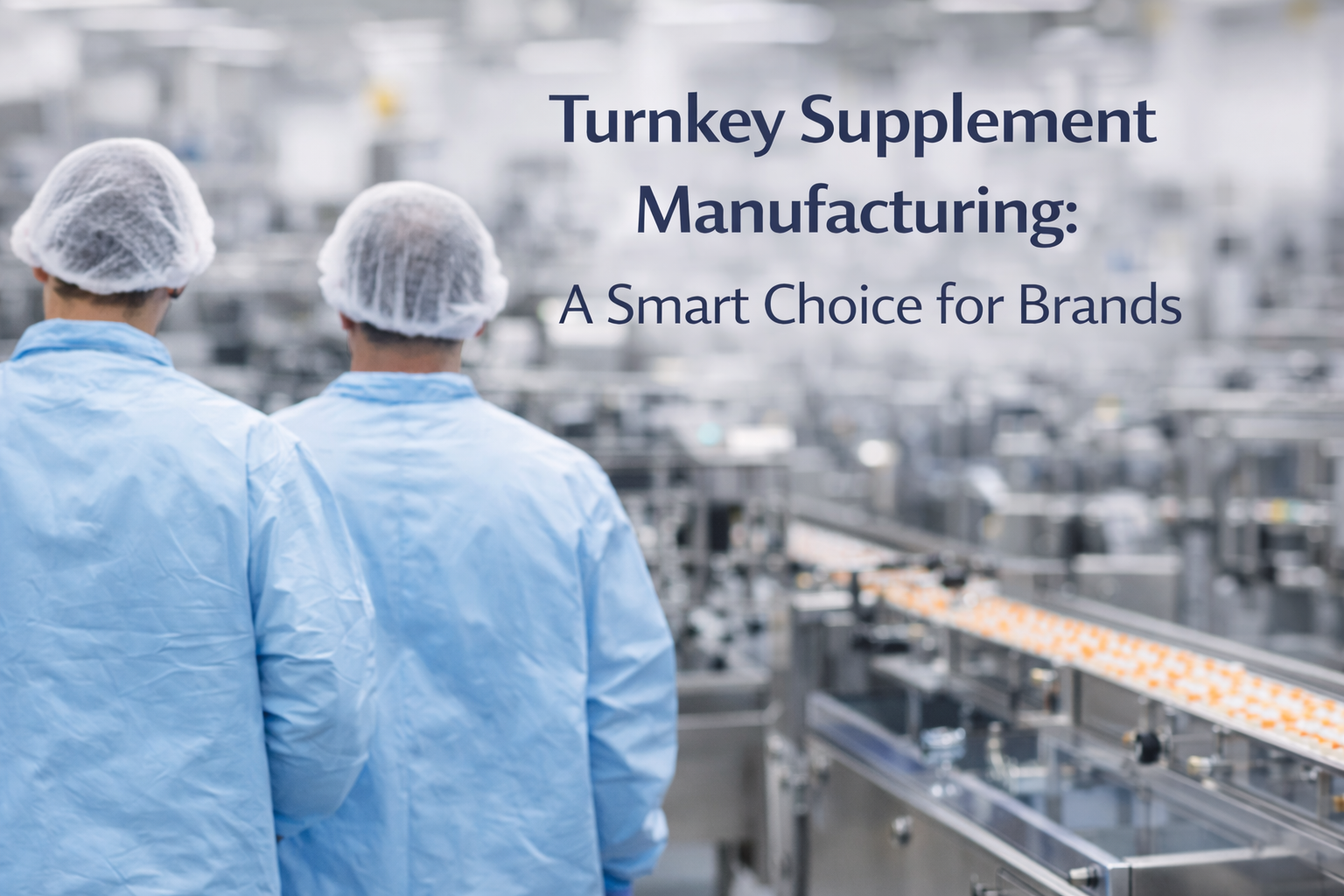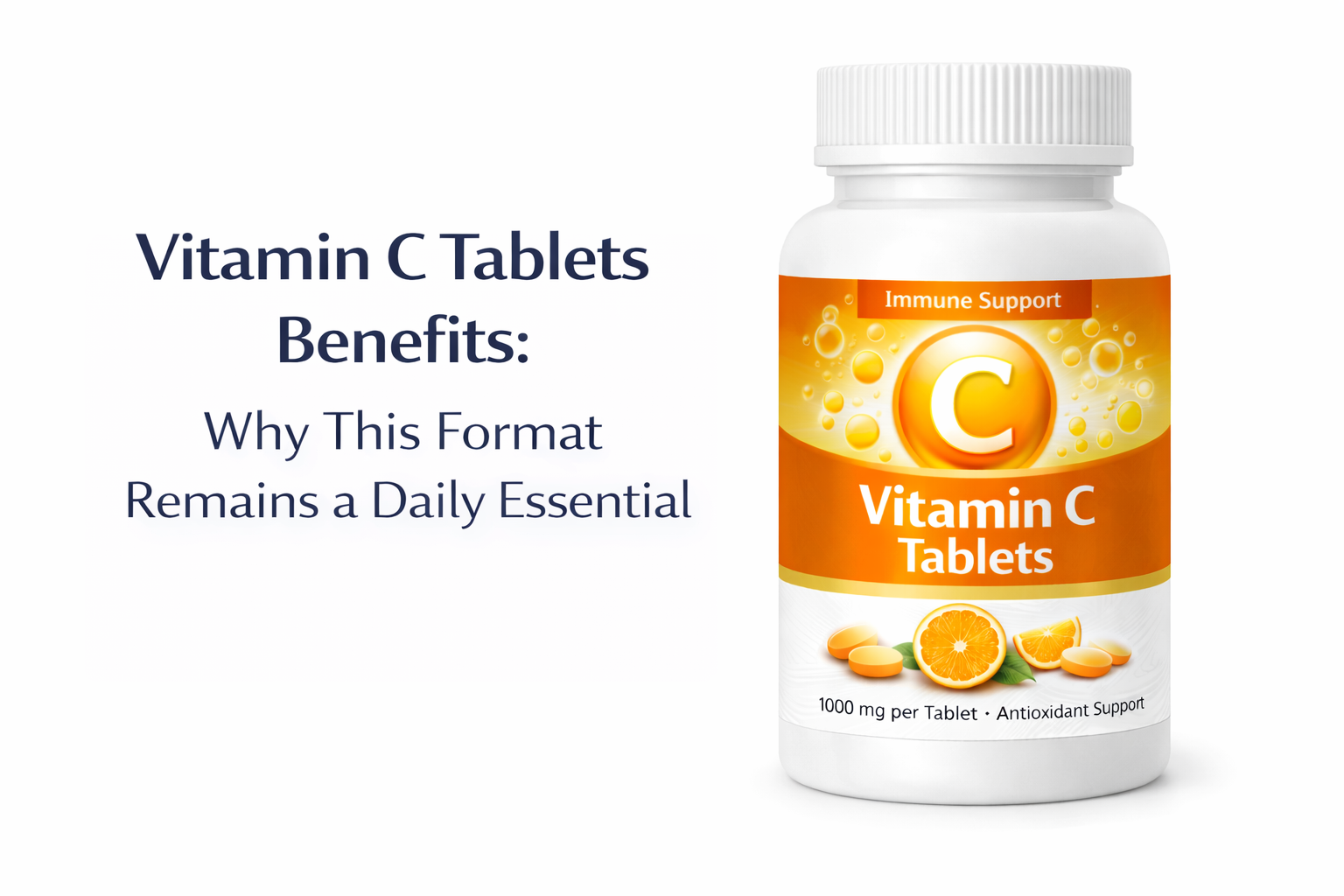
Choosing the right supplement form can be confusing, especially with so many options—softgels, tablets, and capsules—flooding the shelves. You want your supplement to be effective, easy to take, and cost-efficient. But without clear guidance, you might pick a format that doesn’t align with your brand or customer expectations.
The frustration is real. Each form has advantages, limitations, and ideal use cases. Selecting the wrong one can affect bioavailability, stability, and even your brand image.
In this blog, you’ll learn the key differences between softgels, tablets, and capsules. We’ll explore which format suits what types of ingredients, how they’re manufactured, and what to consider for private label or custom formulation.
Softgels, tablets, and capsules differ in structure, absorption, and manufacturing methods. Softgels are ideal for oils and fat-soluble ingredients, offering fast absorption. Tablets are compact and cost-effective but can be harder to swallow. Capsules provide flexibility for powders and are often preferred for natural ingredients. Choosing the right format depends on your formula, budget, and market positioning.
Understanding each dosage form helps you make informed manufacturing decisions. Let’s break down their differences, applications, and the best use case for each.
What Are the Key Differences Between Softgels vs Tablets vs Capsules?
These three dosage forms might look similar at a glance, but they differ in how they’re made, how they dissolve, and what types of ingredients they can hold. Each form has strengths that match different brand goals and formulas.
Softgels are gelatin-based and hold oils. Tablets are compressed powders. Capsules are two-piece shells filled with powder or granules. Each serves different needs.
Format Comparison Table
| Format | Best for Ingredients | Composition | Dissolve Time | Visual Appeal |
| Softgel | Oils, fat-soluble nutrients | Gelatin or vegan shell | Fast | High-end look |
| Tablet | Powders, bulk ingredients | Compressed powder | Medium | Basic |
| Capsule | Powders, sensitive extracts | Two-piece shell | Fast | Natural look |
✅ Softgels provide superior sealing, reducing oxidation risk.
✅ Capsules offer better formula flexibility and are ideal for herbal blends.
Which Supplement Form Offers the Best Absorption Rate?
Absorption affects how quickly and efficiently nutrients enter the bloodstream. This factor impacts the supplement’s perceived effectiveness.
Softgels often lead in absorption due to their liquid content. Capsules come second. Tablets lag due to slower breakdown.
Absorption depends on both the delivery system and the active ingredient. Liquids are absorbed faster than solids. Therefore:
- Softgels are ideal for omega-3s, CBD oil, and CoQ10.
- Capsules allow timed delivery and minimal binding agents.
- Tablets can contain high doses but need coatings to help digestion.
Bioavailability Considerations
| Form | Absorption Speed | Best Use Case |
| Softgel | High | Fast-acting nutrients |
| Capsule | Moderate | Herbal blends |
| Tablet | Low to moderate | Multivitamins |
✅ Bioavailability is highest in softgels for fat-based nutrients.
✅ Capsules balance moderate absorption with wide compatibility.
What Ingredients Work Best in Softgels, Tablets, or Capsules?
Not all ingredients suit every format. Matching your ingredient type with the right dosage form improves product performance and shelf life.
Liquids and oils go in softgels. Powders with high density go in tablets. Herbal or mixed powder blends work best in capsules.
Ingredient Suitability
| Ingredient Type | Best Form |
| Omega-3, MCT Oil | Softgel |
| Vitamin C, Calcium | Tablet |
| Turmeric, Ashwagandha | Capsule |
Choosing the right form also helps with dosage accuracy and taste masking.
✅ Mismatched forms can compromise stability and effectiveness.
✅ The right format enhances absorption and consumer trust.
How Do Manufacturing Costs Compare Among Formats?
Manufacturing cost plays a big role in your pricing strategy. Each format requires different equipment, raw material specs, and production speed.
Tablets are the most cost-effective. Capsules are mid-range. Softgels cost more due to oil filling and sealing technology.
Cost Comparison
| Format | Avg Cost per Unit | Complexity |
| Tablet | Low | Simple |
| Capsule | Medium | Moderate |
| Softgel | High | High |
Factor in batch size, customization, and materials. Tablets offer high volume at low cost. Softgels require gelatin sourcing and are less flexible for short runs.
✅ Softgels need specialized machines, raising initial costs.
✅ Tablets offer budget-friendly solutions for bulk sales.
What Do Consumers Prefer in Terms of Supplement Forms?
Consumer behavior matters. Your supplement format should align with your target customer’s comfort, preferences, and lifestyle.
Capsules are preferred for ease of swallowing. Softgels for premium feel. Tablets for convenience and cost.
Preferences differ by age, market, and product type.
- Seniors may prefer softgels.
- Budget-conscious users go for tablets.
- Wellness enthusiasts often choose capsules.
Design packaging and marketing based on these trends to increase brand loyalty.
✅ Matching consumer preferences increases repurchase rates.
✅ Capsules lead in perception of being natural and gentle.
Which Form Should You Choose for Your Private Label Brand?
Private label success depends on format choice. Each form signals different quality, brand value, and consumer experience.
Choose softgels for premium oils, tablets for affordability, and capsules for flexibility. Match format with your formula and target market.
Decision Guide
| Business Goal | Ideal Format |
| Premium Positioning | Softgel |
| Low-Cost Entry | Tablet |
| Flexible Formulation | Capsule |
✅ Aligning format with brand story improves marketing ROI.
✅ Capsules are best for startups testing custom blends.
Conclusion
Each dosage form—softgels, tablets, and capsules—offers unique advantages. Your decision should match ingredient type, cost strategy, and market demand. Smart format selection improves your product’s performance and brand image.
Partner with Health Biotech for the Right Supplement Format
At Health Biotech, we guide you in selecting the best dosage form—softgels, tablets, or capsules—for your private label brand. Our GMP-certified facilities, R&D support, and flexible MOQ options make it easy to bring your formula to life with precision and professionalism. Contact us to explore our supplement manufacturing solutions today.


